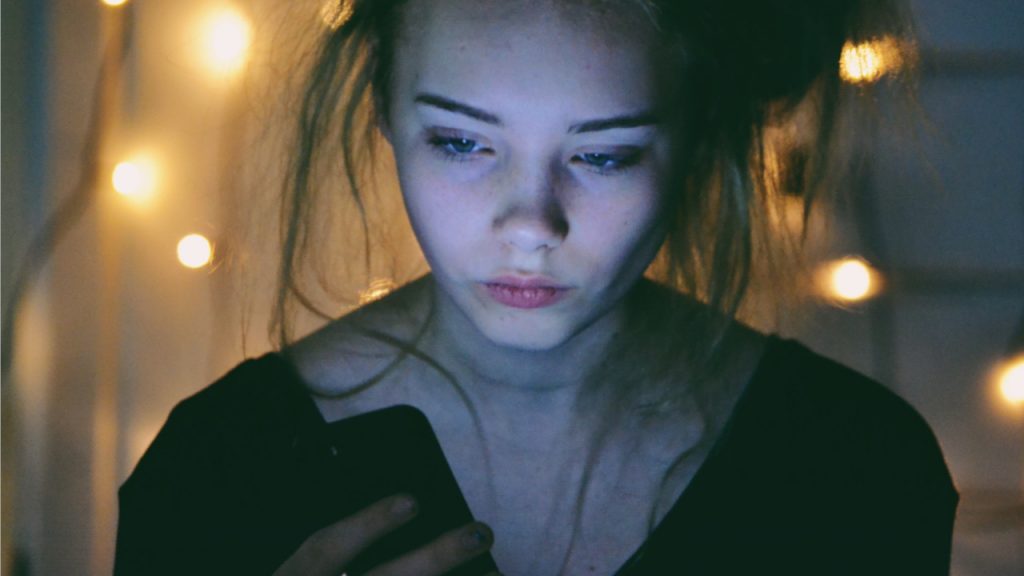Why do social media companies refuse to delete harmful content
Russian data protection watchdog, Roskomnadzor, has claimed that despite repeated requests to delete harmful content, social media platforms, and particularly Facebook, Instagram, Twitter and Google are repeatedly refusing to comply.
The average time it takes Facebook and Instagram to comply with requests to remove harmful content, which includes hard pornography and terrorist incitements is 105 days.
It takes Google and YouTube 82 days to remove similar content, which is also unacceptable, if you were the victim of such content.
Are the Russians right when they claim that Google, Facebook and Twitter are more worried about being political players than about safeguarding their internet users?
If this is the case, what can the Russians do about it and are we witnessing a new era of information warfare between the US and Russia?
Facebook and Instagram content removal
According to the Russian data protection regulator, Roskomnadzor,
Since 2015, more than 3.7 thousand prohibited materials have not been removed.
The average time to comply with the requirements for the removal of prohibited information is 105 days.
Twenty-six cases of censorship of Russian media and information resources have been identified, including Russia Today, RBC, ITAR-TASS, Crimea 24, Stavropol, Lotus and other Russian media. Restrictions were imposed on the stream dedicated to Yuri Gagarin’s flight into space, in the RT account, RT’s “Red Fish” educational project, on materials with fragments of the Russian national anthem, etc.
Thirteen times the matter has so far come before the local courts and to date, having considered all the complaints, the total amount of fines for not removing prohibited information is 43 million rubles.
Twitter content removal
Since 2015, more than 6,000 prohibited materials have not been removed by Twitter, despite repeated requests by users and by the regulator. In turn, the Russian government took a controversial measure to slow down the traffic of the social network, which resulted in an impressive improvement on the part of Twitter with the way it has been responding to content removal requests.
The average time to comply with the requirements for the removal of prohibited materials has been reduced from 129 to 8 days!
The courts have so far dealt with ten Twitter content removal related cases and to date, the total amount of fines for not removing prohibited information is 27.9 million rubles.
Google and YouTube content removal from
Since 2015, more than 5.2 thousand prohibited materials have not been removed by Google despite repeated removal requests by Russian internet users and by the regulator.
The average time it takes to remove harmful content is 82 days.
Google also did not remove up to 30% of malicious content from the search engine.
How to remove defamatory video from YouTube
Eight cases have so far been dealt with by the courts who have imposed on Google fines of 6 million rubles for not removing haemful content.
The company has been held administratively liable five times since 2018 for incomplete filtration in the search for banned materials in the Russian Federation. The amount of fines amounted to 9.2 million rubles.
According to the requirements of Russian law, if after receiving notification from Roskomnadzor the administration of the Internet platform did not restrict access to prohibited information within 24 hours, it can be prosecuted in the form of a fine of 3 to 8 million rubles.
If they re-offend, the Russian court has the power to impose a fine of up to one tenth of the company’s annual turnover.

